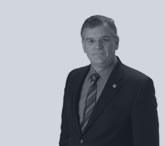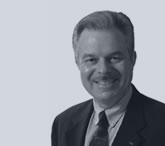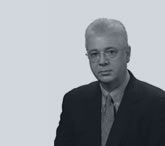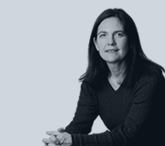Sheryl Connelly – Ford Motor Company![]()
In my job, we track hundreds of trends. One key trend is what we call "ethical consumption." Environmental and social issues are becoming much more mainstream. People are finally taking action in the marketplace, doing things like purchasing organic produce.








